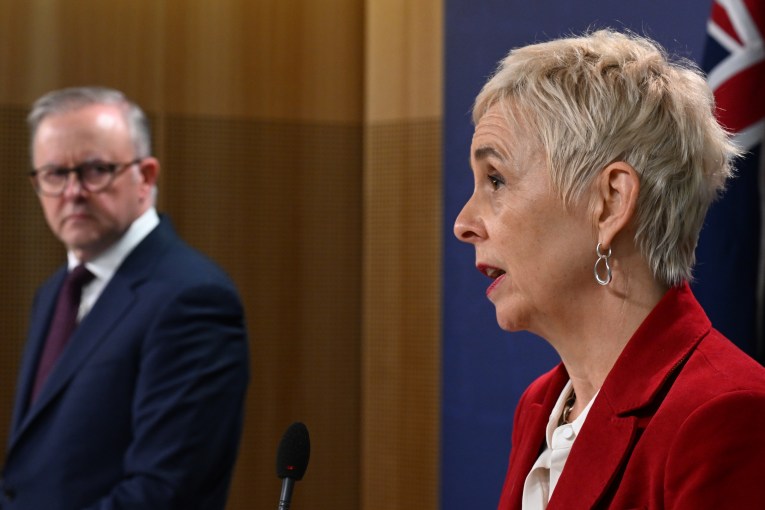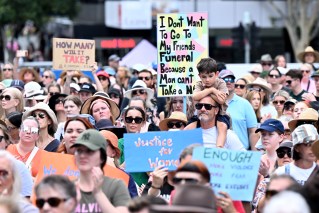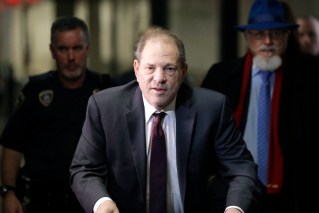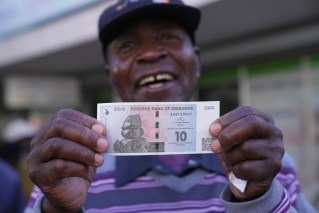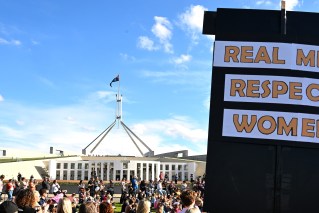Stab in the dark: Feds and states play blame game as jabs roll out at snail’s pace
Queensland has been setting aside the second dose of every vaccine because it does not have faith the Commonwealth – which is also stockpiling second doses – will deliver.
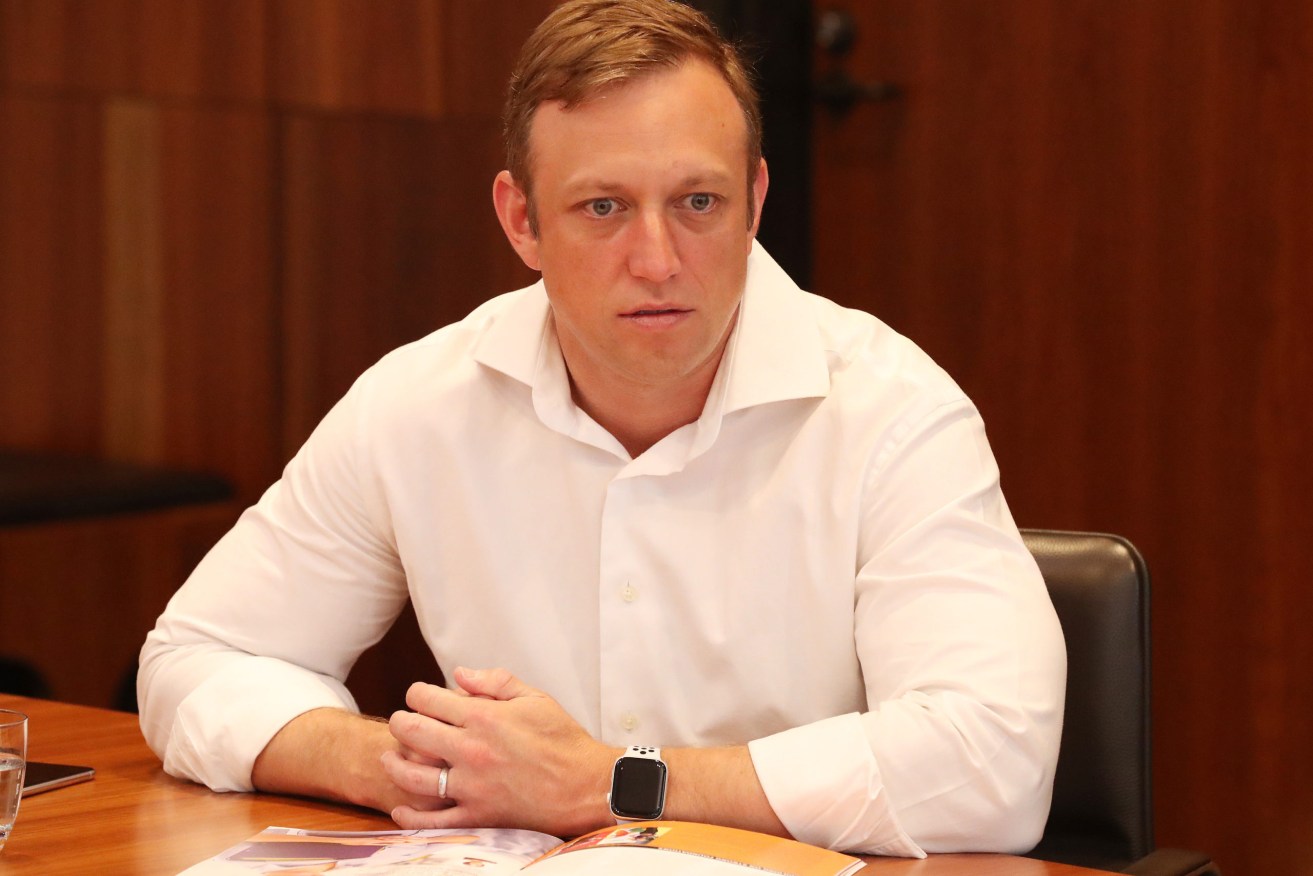
Deputy Premier Steven Miles (AAP, Liam Kidston)
As Australia fell well short of its original target of having four million Australians vaccinated by April, simmering tensions between governments bubbled over when federal Coalition frontbencher David Littleproud called on Queensland “pull their finger out”.
Queensland Deputy Premier Steven Miles, the former health minister, said that of all the criticism from Canberra during the pandemic Littleproud’s comments were “particularly offensive”. He pointed out that 70 per cent of all vaccinations would be the responsibility of the Commonwealth.
The vaccination of health workers is again an issue, with two nurses infected in the latest cluster, but Miles was adamant the program was proceeding as fast as it could. He said the Commonwealth had simply failed to provide a reliable supply of vaccines.
“We have not had certainty of supply to our hospitals,” Miles said.
“That has required the holding back of enough doses so we can administer the second dose.”
Around 90 per cent of the 1A group of frontline workers in Queensland have had their vaccinations. Queensland has also moved on to the 1B group, while also fast-tracking vaccinations in the Torres Strait where communities are at risk from the Papua New Guinea epidemic.
The Commonwealth’s Chief Medical Officer, Paul Kelly, on Tuesday suggested the states did not need to set aside second doses because it was already being factored in nationally.
But Miles said the lack of certainty, let alone transparency, risked first doses going to waste unless Queensland could itself guarantee the second dose.
Asked if there had been a breakdown in communication, Miles said “there’s been almost no communication” from the Commonwealth.
Frustration at the Commonwealth has crossed party lines, with NSW Liberal Premier Gladys Berejiklian and Health Minister Brad Hazzard today criticising the Morrison Government for undermining the process and public confidence.
Hazzard accused his federal counterparts of not guaranteeing supply, and even over-delivering – only to then criticise NSW for not having administered doses quickly enough.
“Not happy at all, today, and I think the Federal Government should be proffering some apologies not only to our government but other governments around the country,” Hazzard said.
Miles also pointed out that the Commonwealth’s refusal to consider better quarantine arrangements was the cause of almost all Queensland’s current COVID-19 cases, with returned travellers sparking the two clusters under investigation.
In a positive sign, Miles revealed the Commonwealth had recently given some assurances around supply of the Pfizer vaccine, which will see Queensland free up some of its existing supply. But he said that did not extend to the AstraZeneca vaccine that will be used more widely in the state.
Queensland’s Chief Health Officer, Jeannette Young, said Australia had been short-changed in its supply of AstraZeneca doses from Europe, which had compounded problems internally.
Young suggested much would now depend on the ability of Australian medical giant CSL to produce more doses locally.
“The issue is supply – we cannot as a nation rely on supply until we’re able to get those doses from CSL, and they’re only just starting to come through,” Young said.
Young said she was “desperately hopeful” all eligible Australians would have their first dose by October, and adamant that the most vulnerable in the 1B group would at least be protected by then.
The structure of Australia’s health system also presents challenges, and sometimes unnecessary competition, that has previously contributed to problems distributing routine flu vaccines. While the Queensland government runs public hospitals, the Commonwealth has responsibility for GPs and aged care (though often kept apart), with some shared responsibility for pharmacies.
GPs have been seeing fewer patients during the pandemic – offset by an increase in phone consultations – so pharmacies have been asked to help with community vaccinations. It is still unclear whether the primary care system will have the capacity to help Australia meet the October target, as GPs are already complaining about unexplained shortages of the COVID-19 vaccines.
While the Commonwealth’s contracted vaccine carrier Linfox is behind schedule, only some of the overall delays can be blamed on recent flooding. The Commonwealth recently called tenders for the private sector to help with its rollout.
